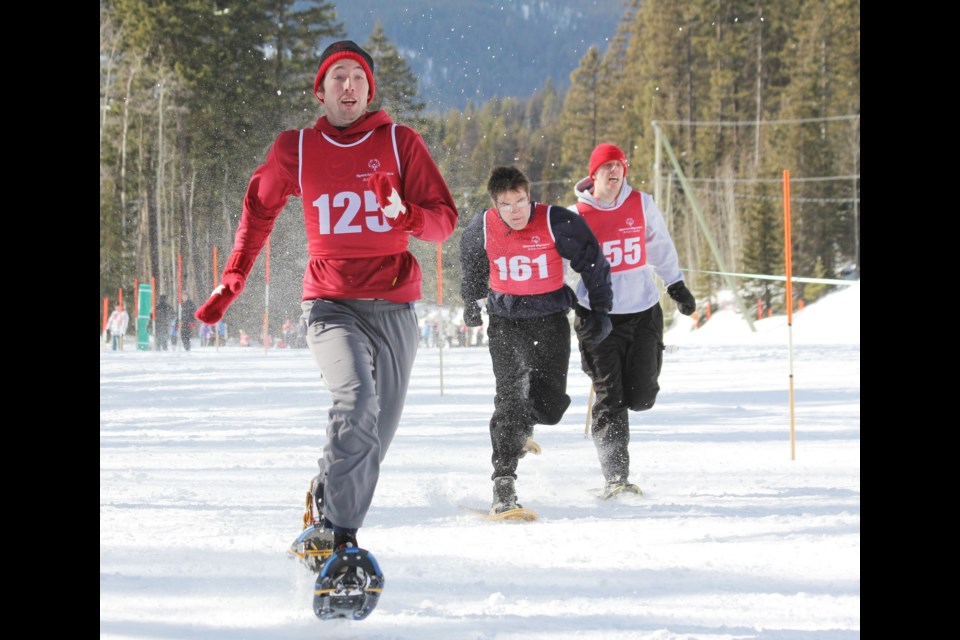If you're living with a physical disability and want to be active, the Sea to Sky corridor is a good place. The Whistler Adaptive Sports Program (WASP) has long facilitated options from sit-skiing to hiking, and the Invictus Games will provide an excellent platform for adaptive athletes when they come to town this February.
But what about people with developmental or intellectual disabilities like autism or Down syndrome?
That's where Ann Franssen hopes the Special Olympics can fill a need. The organization spearheads a global movement, and as of its 50th anniversary in 2018, served more than 5 million athletes in 174 countries. Whistler does not currently have a Special Olympics chapter, though it would benefit from one.
Franssen, a developmental service professional, has worked with disabled individuals for 20 years. It's the cause most near and dear to her heart, and the Special Olympics have been particularly worthy of her time.
"The Special Olympics are different [from my day job]," explained Franssen. "It's more fun and more personal. The connection with the athletes was so much easier to have than it would be in a work setting. It's incredible to see them compete. It just blows you away, the skills they have and the excitement they put into training."
Not everyone affiliated with the organization trains competitively, but most who do are just as dedicated as any able-bodied athlete. The Special Olympics World Games (or Special Olympiad) are held every two years, alternating between winter and summer, and to be chosen for one is viewed as a great honour. Accordingly, there are expectations: show up to practice, respect your teammates and apply yourself.
'Something they have, not something they are'
One of the most important Special Olympics values is this: participants are never defined by their disabilities.
Within current nomenclature, athletes are not labeled as "being autistic," for example. Instead, such a person would be referred to as "someone with autism." It's a small difference in wording, but a key one.
"I have arthritis, but people don't say: 'She's arthritis', right?" Franssen asked rhetorically. "If you have hearing loss, we don't say: 'there's a hearing-loss person'. We say, 'Oh, there's a person with hearing loss.' I like to look at the disability as something they have, not something they are. If you're ever around people with disabilities, they're very, very up to date with what's not appropriate to call them. They're very good at calling someone out."
Franssen moved to Whistler last year. Before then, she was part of a thriving Special Olympics community in Barrie, Ont. Certain sports teams there, like snowshoeing, counted up to 60 people, larger than some teams in the Toronto area.
Despite her decades coaching and volunteering with the Special Olympics, Franssen has never taken a lead role within the organization. Even so, she's agreed to field local interest and become Whistler's local chapter coordinator. One of her first orders of business will be an information session on Oct. 11 at Meadow Park Sports Centre from 2 to 4 p.m.
Franssen and Chelsea Tambellini, Special Olympics BC's Lower Mainland community development coordinator, won't just be trying to reach prospective athletes. Special Olympics branches around the world are supported by approximately 1 million volunteers, and public generosity will likewise be vital to the success of any initiative in the Sea to Sky area.
"We have a mandated ratio of [one volunteer to every three athletes], so it's important that we don't turn people away because we don't have enough volunteers to help out in the sport," Franssen said. "We would ideally like to have volunteers signed up before we start to register athletes, because we don't want to let anyone down."
Discover more at specialolympics.ca.




